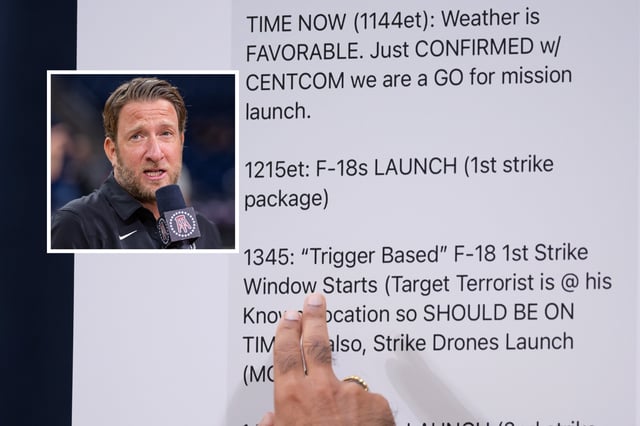Overview
- The Atlantic released the full Signal chat messages involving senior Trump officials, detailing precise timings and weaponry used in U.S. airstrikes against Houthi targets in Yemen.
- Defense Secretary Pete Hegseth shared real-time operational updates, including strike sequencing and drone deployments, raising concerns about the use of unclassified platforms for sensitive discussions.
- The Trump administration denies sharing classified information, framing the texts as 'attack plans' rather than 'war plans,' despite bipartisan criticism of the security lapse.
- National Security Advisor Mike Waltz admitted to accidentally adding Atlantic Editor Jeffrey Goldberg to the group chat, taking responsibility for the breach.
- Lawmakers and experts have called for resignations and investigations, citing risks to U.S. military personnel and the potential exploitation of the breach by adversaries.



